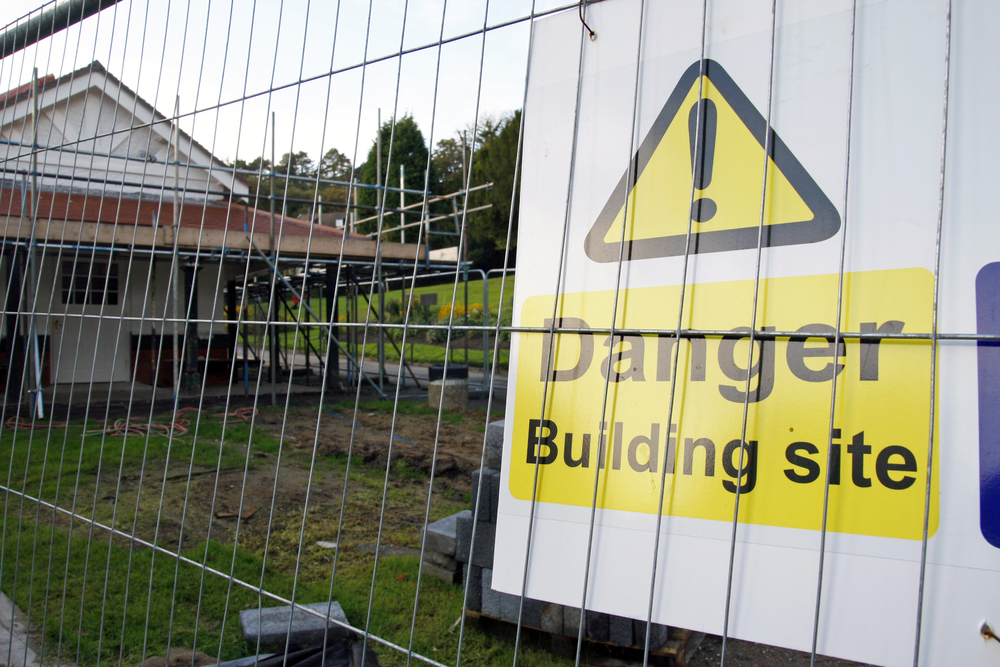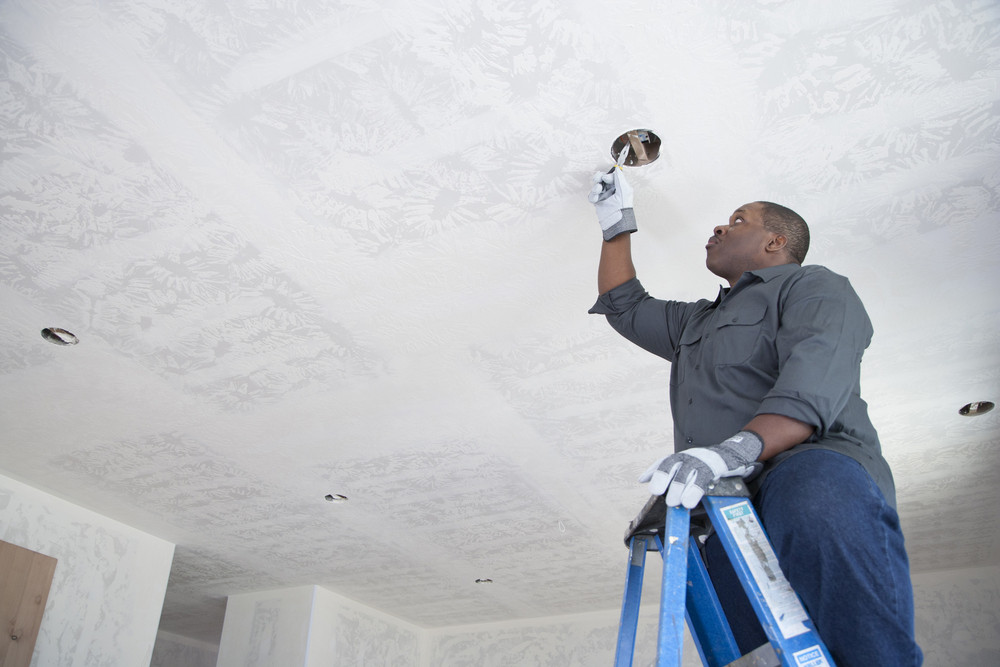In my last post in the Buying Our First Home series, I mentioned that G and I are saving 50% or more of our income for our future first house. A reader e-mailed me and asked me how to save money for a house, so I thought I’d fill you in on how G and I got to a place where we can put 50% of our income into our house savings.
First things first, there are some major reasons why we are able to save so much of our income:
- We opened up an Ally Bank Online Savings account. Having an online savings account helps us from spending that money and they offer better interest rates than most offline accounts.
- We became debt-free a couple years ago, paying off about $60,000 in debt (mostly student loans, a car loan, and a minimal amount of credit card debt)
- Although, I have been a victim of some sort of lifestyle inflation since I became debt-free (mostly in the form of freer spending), we still live quite modestly. Our fixed monthly expenses (rent, phones, utilities, gym membership) account for less than 15% of our take-home pay. It definitely helps that I’m not a fashionista and I’m not into many expensive habits. 🙂
- After being in the corporate business world for 6 years (both of us), our income is more than double what it was when we were entry-level. Had we tried to buy a house right out of college, it would not have been pretty.
As I mentioned above, I have fallen victim to a bit of lifestyle inflation since I became debt-free. I haven’t started spending like a mad woman though, as evidenced by my still-debt-free status and my ability to save a good chunk of money each month. But I have noticed that I shop at more expensive grocery stores because they’re more convenient, I don’t bother myself with looking for deals on groceries as much (which is GOING to change), and I’ve become much more generous in gift-giving (still working on increasing my charitable donations, though). The gift-giving thing is FUN. My younger brother is still in college, and it makes me all giddy to send him a $25 Visa gift card during finals. I also love giving more expensive shower and wedding gifts now that I’m debt-free. So, although I still consider it lifestyle inflation, it’s good lifestyle inflation.
Still, although I’m spending more on some things, many of my old frugality habits still remain:
- I hardly ever shop for clothes. I went shopping for some new clothes for our honeymoon and afterwards I felt torn between wanting to buy more and feeling guilty for spending money on clothes. Luckily, I didn’t have a chance to shop again after that since the wedding madness immediately followed.
- I don’t have any expensive habits or hobbies. If anything, this blog is my most costly habit, but it also generates a small amount of income. Plus, it brings me a great deal of happiness, so I’d probably blog no matter how much it cost me. My other hobbies are free or fixed expenses: I can get books from the library, I can run outside or at the gym, I can visit with friend for free (or at the pool!), and so on. I know some people have regular hobbies or interests that cost quite a lot, so I’m happy I’m interested in things that don’t cost much.
- On that note, sometimes I think you have to learn to like things that don’t cost much. Or, put another way, discover some new interests that don’t cost much or are free (especially if you’re trying to pay off debt!).
- As Gretchen Rubin puts it in the Money chapter of The Happiness Project, I’m an under-buyer. I hate buying things with one use or that I can use another item for (like her, I HATE buying Kleenexes! Hellooo, toilet paper accomplishes the SAME thing). Although I always feel like I’m missing something at home, I don’t buy a lot of useless things or one-use items.
- As far as entertainment goes, G and I don’t go to movies anymore. We got sick of paying so much – movie prices are rising like crazy! We’ve limited ourselves to one or two per year. The last time we saw a movie was around Christmas. Now we Netflix everything.
- Overall, the only “extras” we spend money on are eating out and that’s definitely our biggest budget buster.
Since we combined finances (right after we returned from our honeymoon), we’ve been extra sensitive to spending, too. Not only are we figuring out each other’s spending habits, we’re also really trying to pinch pennies even more since we’re going to seriously start house-hunting in the fall.
How do you save money for a home? is a very personal question that varies with every situation. For us, becoming debt-free and minimizing our “extra” expenses as much as possible has been extremely helpful.
How do you save money for major expenses, like a home, a vacation or a car?
Like Blonde & Balanced on Facebook HERE!
P.S. Your comments on Friday’s post — How Do YOU Define Balance? — were amazing! They were so helpful to me and I can’t wait to use them for inspiration in the future! If you haven’t commented yet, please check out the post here!








Peanut and I are living on one income while saving the other for a downpayment. This hasn’t really changed our standard of living – we’ve been doing this ever since we got married, so that he could go freelance without worrying about how much he brought in. And really, we’ve been doing it unofficially ever since we started living together, just without officially putting our savings in the same account. First it was saving for a wedding, then a cross-country move, now a house.
That’s essentially what we’re doing, too — living off of one income. It’s pretty liberating to know that you can save one entire income.
Saving 50% and being debt-free are awesome accomplishments Amber. I wouldn’t worry too much about the movies or the Kleenexes. You are really going to love owning your own home, especially if you don’t over-buy and become house broke.
“House-poor” has been on my blogging to-do list for a looong time. I really need to write a post on it! It’s such an interesting topic and a status that far too many people fall into!
Our savings plan the year before we bought our house was to send hubby out of the country for work! He was deployed which was very difficult but it was an excellent savings plan. 100% of his paychecks went into our joint savings and because I was still in the same place I had always lived until he came back and we bought our home I could afford to continue to pay all my bills there. Now we can’t afford to save 50% of our income but I did the budget and determined how much we could save and that’s what we do. When we get raises we up that contribution.
Besides living cheap, we bought the ugliest house in a very nice neighborhood. The place was a wreck from top to bottom but we fixed it up and doubled our money and were later able to buy another wreck, this one being bigger and in an even better location. Now we are 29 years-old living in a 4000 sf house with 50% equity, even in the down market. It was equal parts luck and hard work.
Wow, that is awesome, Jennifer! You guys are in a really great position.
I should have added that we both only did two year programs at a community college, so we were out of school at 20 and had no student loans, which helped a lot!
Speaking from my own personal experience, something far more important than saving the money to buy a house is being sure that you have created and are sticking to a budget after buying a house, possibly in two stages, the first being the initial push of money/expenses to get the house ready for you, and the other being the “steady state” you are after that…
I was able to save nearly $100K over 8 years and I bought my first house last year… a real fixer upper… but after several unexpected expenses, going over budget with a few repairs/improvements, and getting sloppy with my budget and spending in general… I’m now down the to wire (even worse really) in terms of savings… I have $10K in debt for improvements made to the house (fortunately on a 0% APR card until June 2012, and I have already opened an equity line on the house in case it isn’t)… and we’ve got some very important projects on hold due to lack of funds… nothing we did was not necessary, and we certainly weren’t extravagant about it, but it could have been handled better… I wish I had been paying much closer attention…
It’s all easier when you have two incomes. I know there are a lot of these tricks I can implement as a single person and clearly two people eat more than one (and use more water, more cell phone, etc). but if I were living with a significant other, I could live in the same place, same size, with two incomes. Also it would be easier to have one car between two people than no cars with one person. Sigh.
I’m not sure it’s easier with two incomes because I saved a 20% down payment for mid-price-range house on my own before G and I got married. Now, we just plan to buy a first house that is big enough for our future family. We’re just skipping the starter house. The only way I was able to save that much on my own was by cutting frivolous spending and by getting out of debt. Both took great amounts of self-control. You can do it!
You may have been able to save 20% on your own but depending on income and expenses a lot of single folks might find that very difficult to do alone but more realistic if they have a partner. A single person might think a 3 BR, 2 BA home is a good size and get it all by themselves but for some whole families that same size home is the biggest they will be able to afford so of course it would be easier for them to save up for that together and then split expenses. I know I couldn’t have bought our house without my husband. It really just depends on what your individual situation is but in general two incomes is always going to be better then one because that’s just more money to go around which is usually preferable.
What happened to the post about whether dual incomes make it easier to save for a house? I wanted to weigh in on that – I also think it’s definitely easier with two incomes, speaking from experience. I’m able to save on my own with a single income, but it was a LOT easier to save a higher percentage with two incomes. Having some shared expenses (utilities, cable, groceries, other things) meant that monthly expenses required a smaller chunk of each of our income – which meant we were both saving more. And that will continue after the initial homebuying, too. House maintenance can be really expensive (and tedious) and I’d sure love to be splitting that with someone else.
Hey Amber,
Great article. Been looking around at some articles on how to save money for a house. Noticed that you’ve been reall careful with your spending. Looks like I have to start doing that from now onwards. Gonna check out your other articles too.
That is a great article on how to save money. It seems like it all stems from spending habits.
Thank you for sharing.
Bryce Ross
Cedar City Real Estate Agent